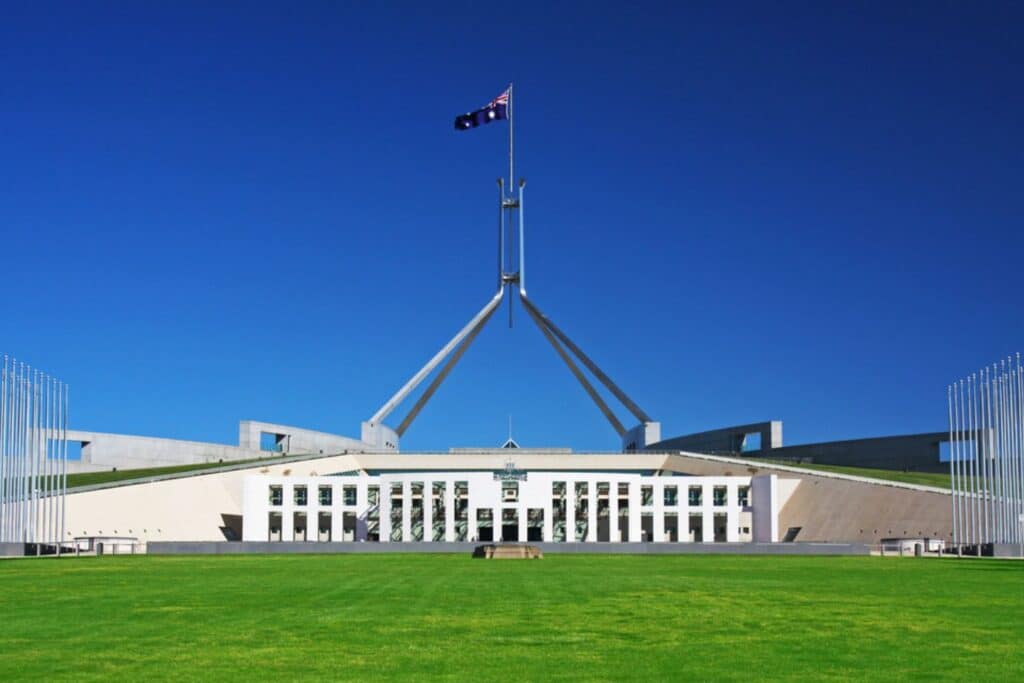The Australian government has released a national framework on consent messaging and the promotion of healthy sexual relationships.
The Commonwealth Consent Policy Framework: Promoting Healthy Sexual Relationships and Consent Among Young People went live on Saturday in the government’s latest bid for a unified approach towards the prevention of sexual violence.
The Minister of Social Services Amanda Rishworth said the framework is driven by the government’s priority to eradicate ongoing domestic, family and sexual violence against women and children in Australia – and it starts with young people.
“Ultimately our goal is to end violence against women and children in one generation. To do this, we need to support young people to have safe and respectful relationships,” Minister Rishworth said.
“Through strong prevention messaging and initiatives that positively shift cultural attitudes around gender-based violence, we can ensure our young people understand how to establish and maintain healthy and safe relationships.
“Young people are at the heart of this cultural change, and we have an opportunity to ensure the messaging and support they receive to help them navigate their relationships is consistent, evidence based, and well-informed.”
Under the new framework, the term “consent” is defined by five key concepts, that consent is: free and voluntary; specific and informed; affirmative and communicated; ongoing and mutual; and reflects the capacity of individuals.
This definition of consent is informed by advocates in the space, including Chantel Contos, founder of Teach Us Consent and author of Consent Laid Bare.
Contos is positive about the framework’s potential to affirm the understanding of consent and sexual relationships among young people in Australia.
“The framework makes an important contribution to ensuring messaging around the fundamentals of consent are clear and cohesive,” Contos said.
“It will help community leaders and organisations provide consistent messaging to youth as we take a whole of community approach to eradicating sexual violence.
“It’s great to see that the Government continues to consider consent education a national priority.”
Messaging around consent hasn’t always been as clear, as Nicole Lambert, the Chair of the National Association of Services Against Sexual Violence (NASASV), notes.
“Young people can sometimes end up with contradictory messages about consent, which leads to further myths and misunderstandings about sexual violence,” Lambert said.
“This framework will support a more unified message and better understanding in the community.”
Ending violence against women
The new framework falls under the government’s First Action Plan of the National Plan to End Violence against Women and Children 2022-2032.
One in five women in Australia has experienced sexual violence at least once since the age of 15. The most common perpetrators of violence against women are their current or former partners.
Assistant Minister for Prevention of Family Violence Justine Elliot said this new framework is likely to assist in reducing those numbers and, eventually, eradicating gender-based violence in Australia.
“The Framework will support the Government’s work to address sexual violence through providing a shared understanding of consent, and creating a unified approach to preventing sexual and gender based violence,” Assistant Minister Elliot said.
If you or someone you know is experiencing, or at risk of experiencing, domestic, family or sexual violence call 1800RESPECT on 1800 737 732, chat online via 1800RESPECT.org.au or text 0458 737 732.
If you are concerned about your behaviour or use of violence, you can contact the Men’s Referral Service on 1300 766 491 or visit www.ntv.org.au.
Feeling worried or no good? No shame, no judgement, safe place to yarn. Speak to a 13YARN Crisis Supporter, call 13 92 76. This service is available 24 hours a day, 7 days a week.
In an emergency, call 000.

